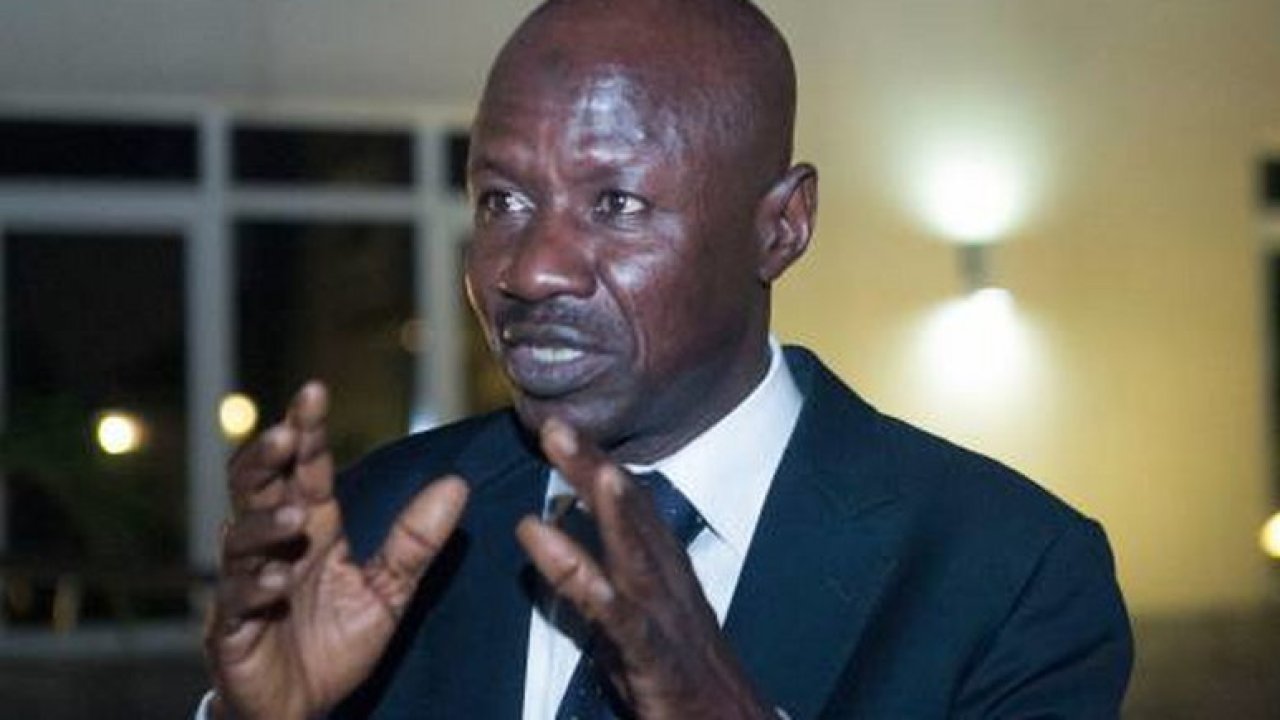Corruption Greatest challenge to Nigeria’s growth – Magu
Former Chairman of the Economic and Financial Crimes Commission (EFCC), Ibrahim Magu, has identified corruption as the greatest challenge confronting the growth and development of Nigeria. Magu made this statement at the investiture of Fellows and graduate members of the Institute for Governance and Leadership Studies in Africa (IGLSA) held at the Africa University of […]

A fprmer acting chairman of the Economic and Financial Crimes Commission, Ibrahim Magu
Former Chairman of the Economic and Financial Crimes Commission (EFCC), Ibrahim Magu, has identified corruption as the greatest challenge confronting the growth and development of Nigeria.
Magu made this statement at the investiture of Fellows and graduate members of the Institute for Governance and Leadership Studies in Africa (IGLSA) held at the Africa University of Science and Technology, Abuja, on Saturday.
Giving his acceptance speech on behalf of eight other awardees, Magu restated his belief in the fight against corruption even as he left the system unceremoniously.
He said, “Today as we celebrate this honour, I therefore reemphasize the importance of eradicating corruption for our nations progress. When you fight corruption, it is certain that the future is assured for all”
PHOTOS: Ganduje, Gbajabiamila, Damagum, Ribadu, Wike arrive Supreme Court
FG releases 4068 inmates in effort to decongest prisons
Other awardees of fellows of the institute include the executive governor of Yobe state, His Excellency, Alh. Mai Malla Buni, who was represented by the deputy governor of the state, Hon. Idi Barde Gubawa, Wazirin Fune, the National Coordinator of Presidential Executive Order 5, Engr. Ibiam Oguejiofo and Sir Folu Olamiti, publisher of Newspot and member of Guild of Corporate Online Publishers, GOCOP.
In his welcome address, the Director General of the Institute, Dr. Lanre Adebayo, appreciated the important roles all the awardees have played in nation building, noting that the recognition, though academic, was to identify those Nigerians that have impacted positively in the development of the country but are rarely in the public domain.
